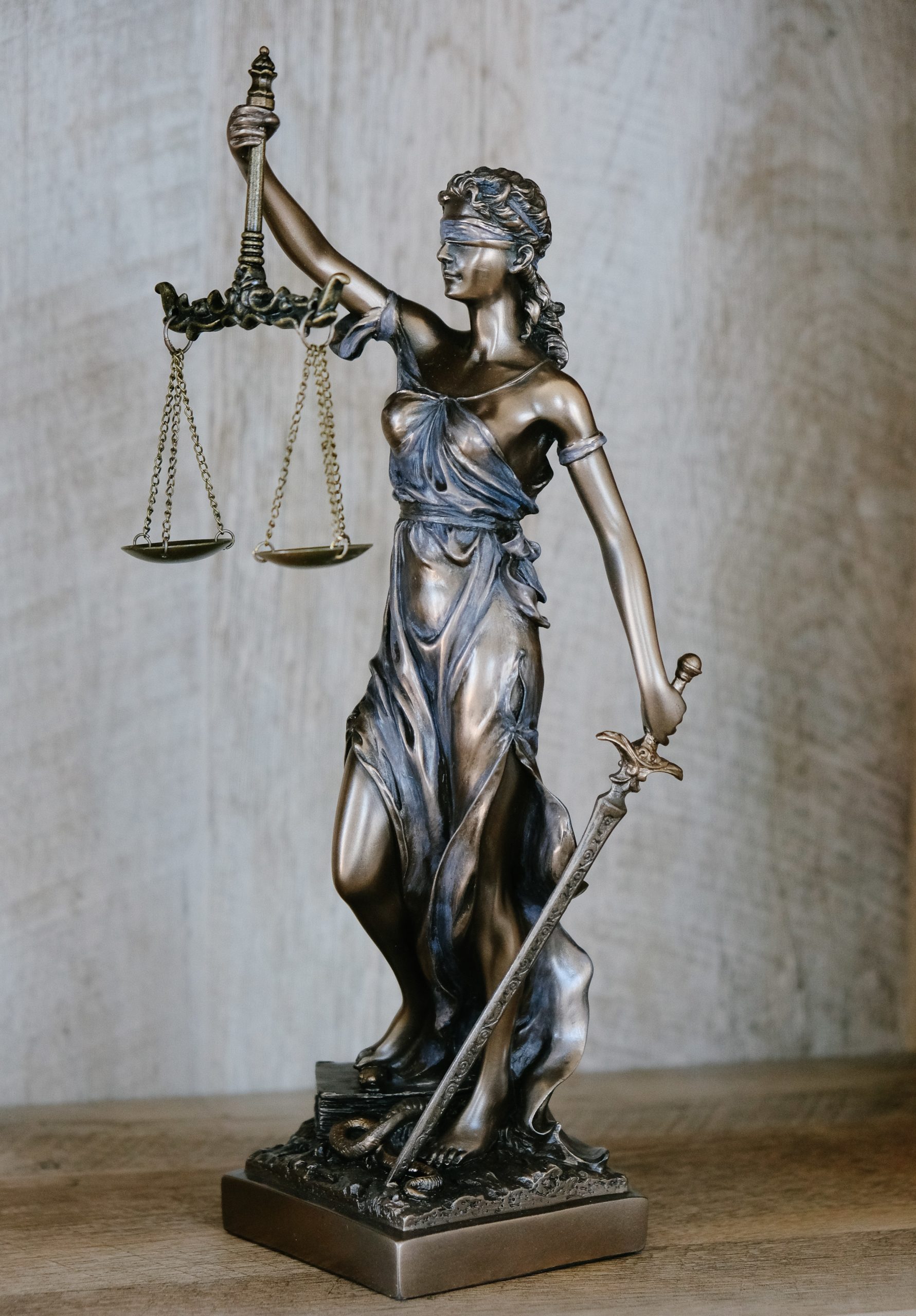
I Received a Grand Jury Subpoena in Florida. Now What?
If you received a federal grand jury subpoena, either you or someone you know is the target of a federal criminal investigation by the Department of Justice. To indict someone, the Constitution’s Fifth Amendment requires the use of a grand jury for all capital and infamous crimes. Essentially, all federal felonies must be indicted by a grand jury unless the defendant waives their rights.
Understanding a grand jury and a subpoena by one is critical, and you might find more questions than answers on the internet. Instead, contact a federal criminal charges attorney. They can provide you legal guidance throughout the legal proceedings and answer any questions you may have.
What Is a Grand Jury?
Grand juries consist of 16-23 individuals who determine if there is probable cause to secure an indictment. They do not decide whether a person is guilty. The jurors meet in a closed courtroom by themselves and decide whether to indict a person by listening to witnesses and evaluating evidence. At least 12 grand jurors must determine there is enough evidence to return a True Bill, which becomes the indictment when the prosecution signs it. If the grand jury does not find sufficient evidence, it returns as a No Bill.
What Does it Mean to Receive a Grand Jury Subpoena?
A grand jury subpoena signals that there is a criminal investigation underway. However, it does not mean that you are the target of the investigation. Therefore, you should contact an attorney to help determine why you received the subpoena. There are generally three reasons why you received one:
- You are a target meaning that a grand jury has substantial evidence linking you to a crime, and the prosecutor will likely move to indict you.
- You are the subject, meaning that your conduct is within the scope of the grand jury’s investigation.
- You are a witness, meaning you are not under investigation but have knowledge or facts relevant to the case.
There are also two types of subpoenas you may receive. A duces tecum requires you to bring forward certain documents relevant to the investigation, while an ad testificandum requires you to appear before the grand jury to testify. The court may hold you in contempt if you ignore the request.
Do I Need an Attorney for a Grand Jury Subpoena?
You must obtain an attorney after receiving a grand jury subpoena. Your lawyer will ensure that you understand each step of the process and not incriminate yourself. They also understand how law enforcement and government officials proceed during an investigation and will help you prepare for any meetings or interviews. A federal charges attorney may also be able to learn more information about the investigation.
Additionally, having an attorney will be helpful when you testify. However, they cannot be in a grand jury room during proceedings. You do have the right to confer with your attorney before answering any question.
Contact The Umansky Law Firm Today
You should not take a grand jury subpoena lightly. In most cases, the jury finds enough evidence to indict. If you are the target of the investigation, you may face severe penalties, such as mandatory jail time or hefty fines, if a court convicts you of the crime. There is hope, though, if you contact The Umansky Law Firm.
Our attorneys will work with you to strategize how to protect yourself from criminal prosecution during a grand jury summons. Remember, you must be transparent with us. The more information we know about the incident and its circumstances, the more we can assist you. In return, you will be able to protect yourself against undesirable consequences. To schedule a free consultation, call our office or complete our contact form.



